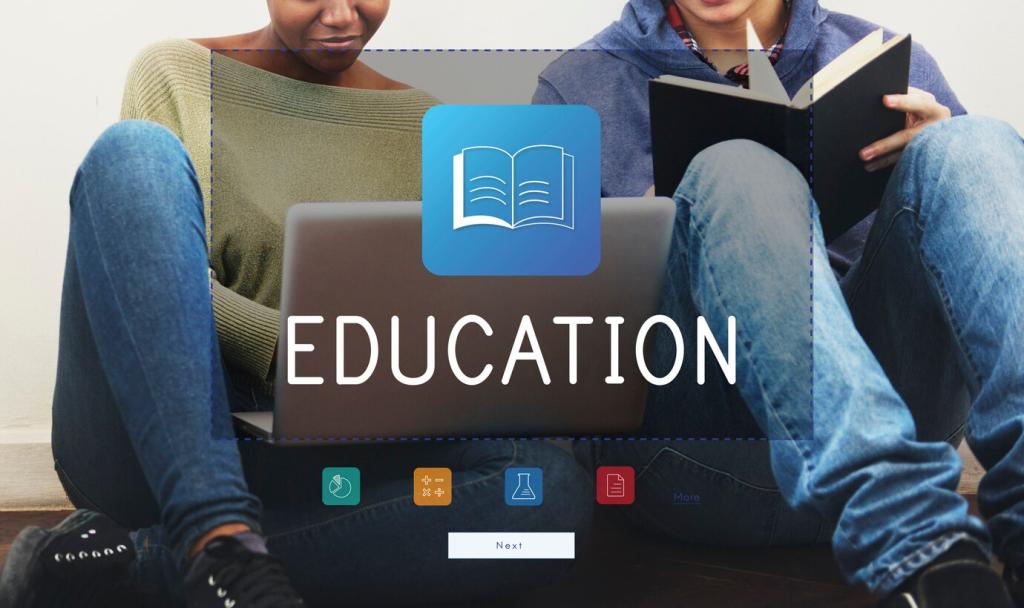Reimagining Knowledge: The Digital Transformation of Encyclopedias in Education
Chosen theme: Digital Transformation of Encyclopedias in Education. Explore how digital encyclopedias reshape classrooms with curated multimedia, adaptive tools, and trustworthy scholarship—inviting educators, students, and parents to learn, question, and contribute. Join the conversation and subscribe for fresh insights, stories, and practical tips.


From Print to Platforms: A Classroom History in Motion
Decades ago, students leafed through index cards and cross-references; today, hyperlinks, tags, and knowledge graphs reveal connections instantly. Share how your school navigated this change, and subscribe to hear more librarian perspectives shaped by digital transformation.
From Print to Platforms: A Classroom History in Motion
Where schools once purchased a single set for decades, they now manage subscriptions, updates, and device access. Tell us which licensing models work for your classrooms, and follow for guidance on sustainable budgeting and equitable student access.
Pedagogical Gains: What Students Win with Digital Encyclopedias
Audio narration, short documentaries, timelines, and 3D models help diverse learners grasp complex topics. Have you tried pairing articles with captioned videos for language development? Comment with your strategies and subscribe for weekly pedagogy experiments.
Pedagogical Gains: What Students Win with Digital Encyclopedias
Adjustable reading levels, screen reader compatibility, and language supports turn encyclopedias into inclusive tools. Tell us how you differentiate for multilingual learners, and follow for templates aligning accessibility features to individualized education plans.


Trust and Critical Literacy in the EdTech Era
Students should see named editors, citations, and update histories. Ask learners to compare revision logs with footnotes. Post the criteria you use for evaluating trust, and subscribe for printable checklists on source credibility in digital research.


Trust and Critical Literacy in the EdTech Era
Search rankings and recommendation carousels can subtly influence what students read first. Discuss how you teach bias awareness, and follow us for lesson plans that demystify algorithms using real encyclopedia search examples.

Information Architecture with Purpose
Clear headings, glossary popovers, and breadcrumb trails guide exploration without overwhelm. What navigation patterns do your students prefer? Comment with examples, and subscribe for heuristics that map UX choices to cognitive science insights.
Search That Supports Curiosity
Autosuggest, filters by reading level, and concept clustering can scaffold research. Share your most effective search prompts, and follow for classroom-ready search challenges built around curriculum themes and cross-disciplinary questions.
Offline and Low-Bandwidth Modes
Downloadable articles, image-light views, and sync queues ensure continuity where internet access is uneven. Tell us how your school handles connectivity gaps, and subscribe for implementation guides that prioritize equity and resilience.
Align tools with FERPA, GDPR, and local regulations, and communicate policies in plain language. Share your consent workflows, and subscribe for family-friendly explainers you can adapt for school newsletters and orientations.
Privacy, Safety, and Ethics: Protecting Learners
Implementation Playbook: From Pilot to Schoolwide Use
Evaluate content alignment, accessibility features, integration options, uptime history, and vendor support. What questions helped you choose? Comment with your criteria, and subscribe to receive a downloadable vendor scorecard for your team.

This is the heading
Lorem ipsum dolor sit amet, consectetur adipiscing elit. Ut elit tellus, luctus nec ullamcorper mattis, pulvinar dapibus leo.

This is the heading
Lorem ipsum dolor sit amet, consectetur adipiscing elit. Ut elit tellus, luctus nec ullamcorper mattis, pulvinar dapibus leo.
